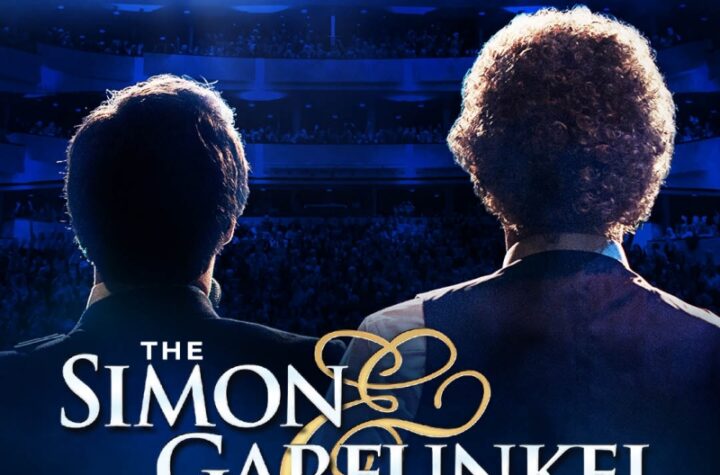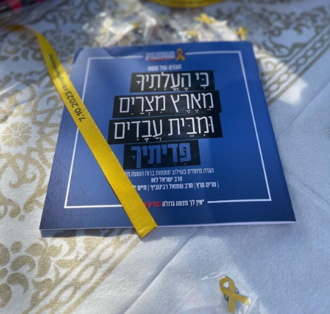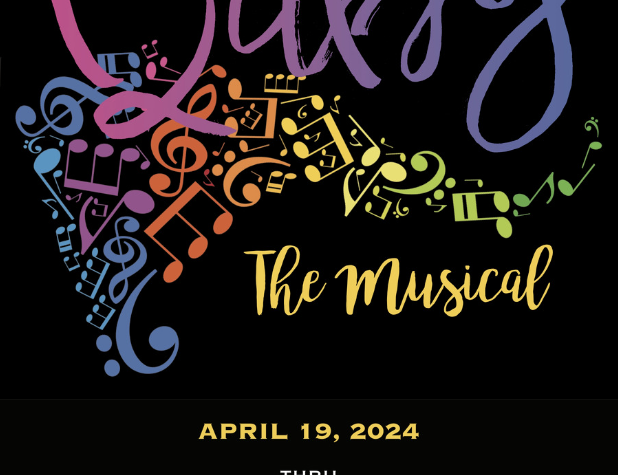
 Recommended Social satire is often hard to project to a theater audience. How can a playwright take pot-shots at many different facets of life and not offend a portion of the audience assembled to watch ( and judge) his or her work? This must have entered the mind of playwright Thomas Bradshaw when he began his “Mary” , now in its World Premiere at The Goodman Theatre-Owen. The story takes place in Maryland, starting in 1983, what has been termed “the AIDS Hysteria” movement. The Jennings family , a typical Southern family with a long heritage of being so, is preparing for the holidays and the homecoming of their college student son, David. James ( the always strong Scott Jaeck) is a retired Government employee who has recently gone through prostate cancer surgery and the follow-up of same. His wife, Dolores ( deftly handled by Barbara Garrick) is loveable, but very Southern and together, they live almost in the past, when everyone knew who they were and what was expected of them.
Recommended Social satire is often hard to project to a theater audience. How can a playwright take pot-shots at many different facets of life and not offend a portion of the audience assembled to watch ( and judge) his or her work? This must have entered the mind of playwright Thomas Bradshaw when he began his “Mary” , now in its World Premiere at The Goodman Theatre-Owen. The story takes place in Maryland, starting in 1983, what has been termed “the AIDS Hysteria” movement. The Jennings family , a typical Southern family with a long heritage of being so, is preparing for the holidays and the homecoming of their college student son, David. James ( the always strong Scott Jaeck) is a retired Government employee who has recently gone through prostate cancer surgery and the follow-up of same. His wife, Dolores ( deftly handled by Barbara Garrick) is loveable, but very Southern and together, they live almost in the past, when everyone knew who they were and what was expected of them.
The house is pretty well taken care of by Mary ( who is called N—-R Mary, so as to not be confused with the Mary living next door) and her husband ( finely played by Cedric Young). Myra Lucretia Taylor is marvelous in her role as Mary and as the 90 minutes, encompassing some 25 years passes, we watch her grow as a person. The Jennings as mentioned have a college age son, David ( another perfect job by Alex Weisman) who as it turns out is a Homosexual and he has invited his “friend” home for the holidays. Jonathan ( Eddie Bennet who plays well off Alex and handles comic touches just right) is from Chicago and has no idea that people in the South are still living in the past ( well , at least this family is). 
Director May Adrales adds a nice touch to the handling of the topice that are explored in this “discomforting comedy”. Yes, there are many comical moments in this play, some of these moments are when we laugh at the situation and the reaction by the outsider to this new experience; others are when we laugh at the silliness of how these people exressed themselves, not that long ago! Bradshaw deals with the slavery/servant situation, the gay situation, the erectile dysfunction situation that deals with prostate cancer and other topics that could be uncomfortable for many theater audience members. It is probable that only an African American playwright could have written and had this play produced as a white writer would be taken to task for the handling of the “Black characters”.
There are people who will be offended by some of what is written and the way the story goes. Seeing men kiss and embrace ( several times) for some might be a “turn-off”. Dealing with a home situation that makes the African American appear to be still in slavery and hearing our main White female character talk about opening up a sort of history farm allowing people to re-live the days of yesteryear( before the Northern invasion) in a guest house environment and having African Americans tend to their needs, will certainly turn peopleoff.In fact, almost every member of the audience has reason to cringe at something along the way. David is trying to bring his family, including Mary into the new world and hears her tell him that emancipation might not have been the best thing as instead of having a home and food, many who became free were stuck living from hand to mouthand on welfare. We know that this is not really so for all, but there may be some truth to this.
David makes sure that his mother pays for Mary to get educated and along the way, she does graduate college and majors in Theology, allowing her to “spread the word of the Lord”. The last 14 or 15 minutes brings us up to today’s world with James passing away, David and Jonathan getting married in Massachusetts, Elroy passing, Mary and Dolores now spending their meals together, reading and then Jonathan dies of AIDS. The story ends with Mary becoming the graduate and then bringing David up to the dais to thank him for his making this all happen. After the wonderful words are said to him, she comes right back with her “in your face” attitude declaring that there must be a stop to states allowing same sex marriage and that we must stop AIDS, NOW! And Forever!
I am sure that many audience members took offense to how the play ended. David was the reason that Mary learned to read and was allowed to reach out to help her fellow man ( so to speak) and yet, once he was brought up to be thanked, she tore into him as if he were the only sinner in the world. This appeared hurtful and mean, but in reality, this was her way of telling him just how much she loved him adn what he had done for her. His partner was already dead and right now, they were the only family they had left. She only wants to save his soul and his life for as long as she can, not only for him, but for her won feeling of security. She was born into a slave family that became sharecroppers and all of her life lived with this family. How could she handle the total demise of the Jennings family. David was still alive, and by all standards should outlive her, but with this fearful new killer AIDS and the style of life David has chosen, is it possible, he could die before her and leave her alone for the first time in her life? She did not want to see that happen and tried to do all she could to make him see the light. These are real people, written by a strong writer and with a powerful cast.
The set designed by Kevin Depinet works well in the smaller Owen Theater and Keith Parham;s lighting effects along with Andrew Hansen’s sound add the right touches and feelings to the changes in mood and season. I feel that this is not suitable for younger people and even high school students should be kids who can handle some of the topics Bradshaw touches upon- he gets into it! He doesn’t beat about the bush and I can guarantee that if you go out for coffee or a drink after you see this show ( or just the ride back to the ‘burbs) you will be talking about what you saw and the situations in these peoples lives. Good theater should be entertaining and a worthwhile experience and opening up one’s mind and allowing one to think is just that something extra from the experience.
“Mary” will continue at The Goodman through March 6th with performancesTuesday,Wednesday,Thursday and Sunday evenings at 7:30 p.m.,Fridays and Saturdays at 8 p.m., Matinees are Saturday and Sunday at 2 p.m.
Tickets range from $10*-$42) and can be purchased at the box office located at 170 N. Dearborn, by phone at 312-443-3800 or online at www.GoodmanTheatre.org
MezzTix are half off ( subject to availablity) and *$10 tix are rear mezzanine ( 10 per performance) and only with student ID.






More Stories
“How to Know the Wild Flowers: A Map” reviewed by Julia W. Rath
“Baby: the Musical”
“Nana” reviewed by Jacob Davis